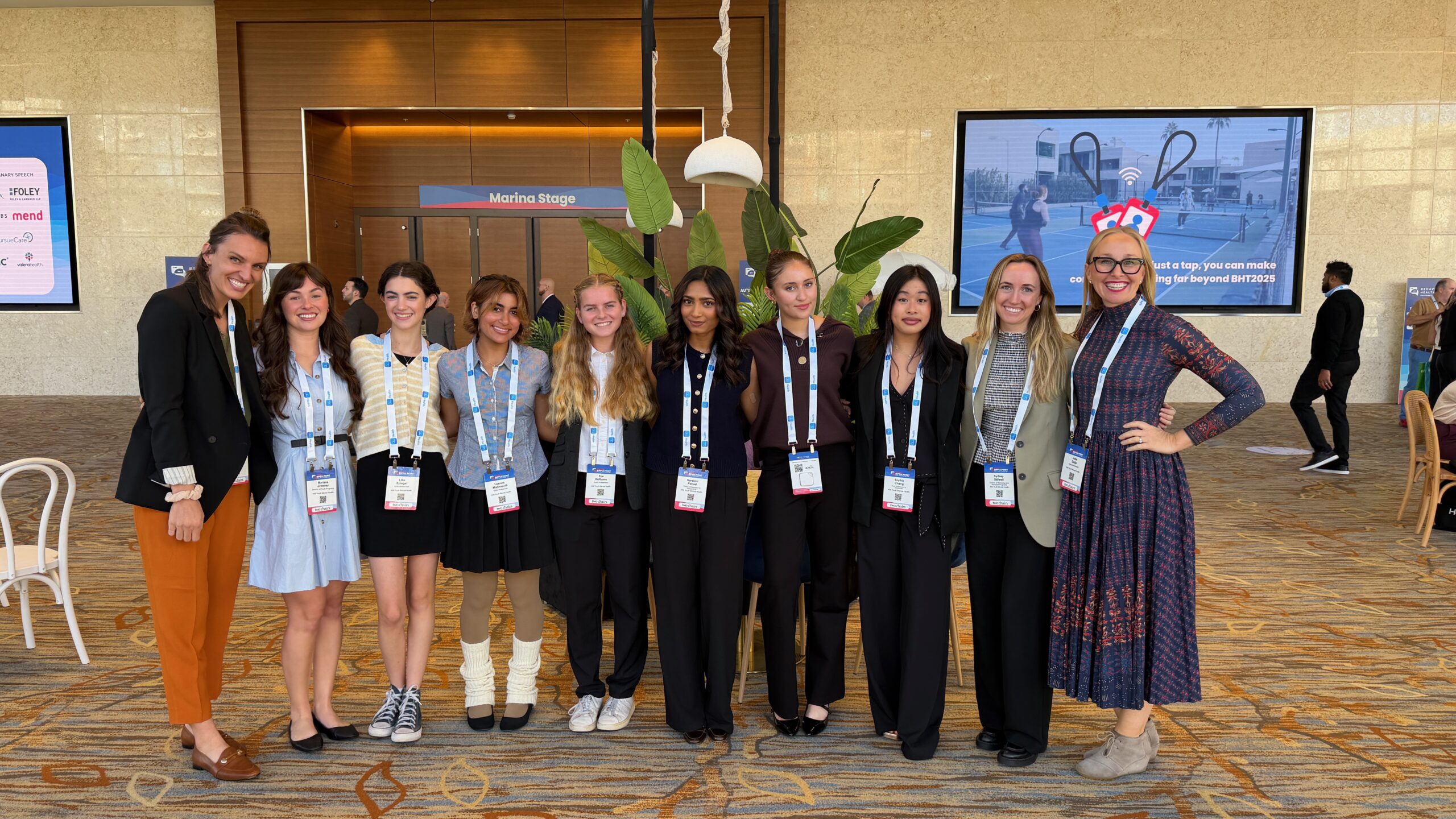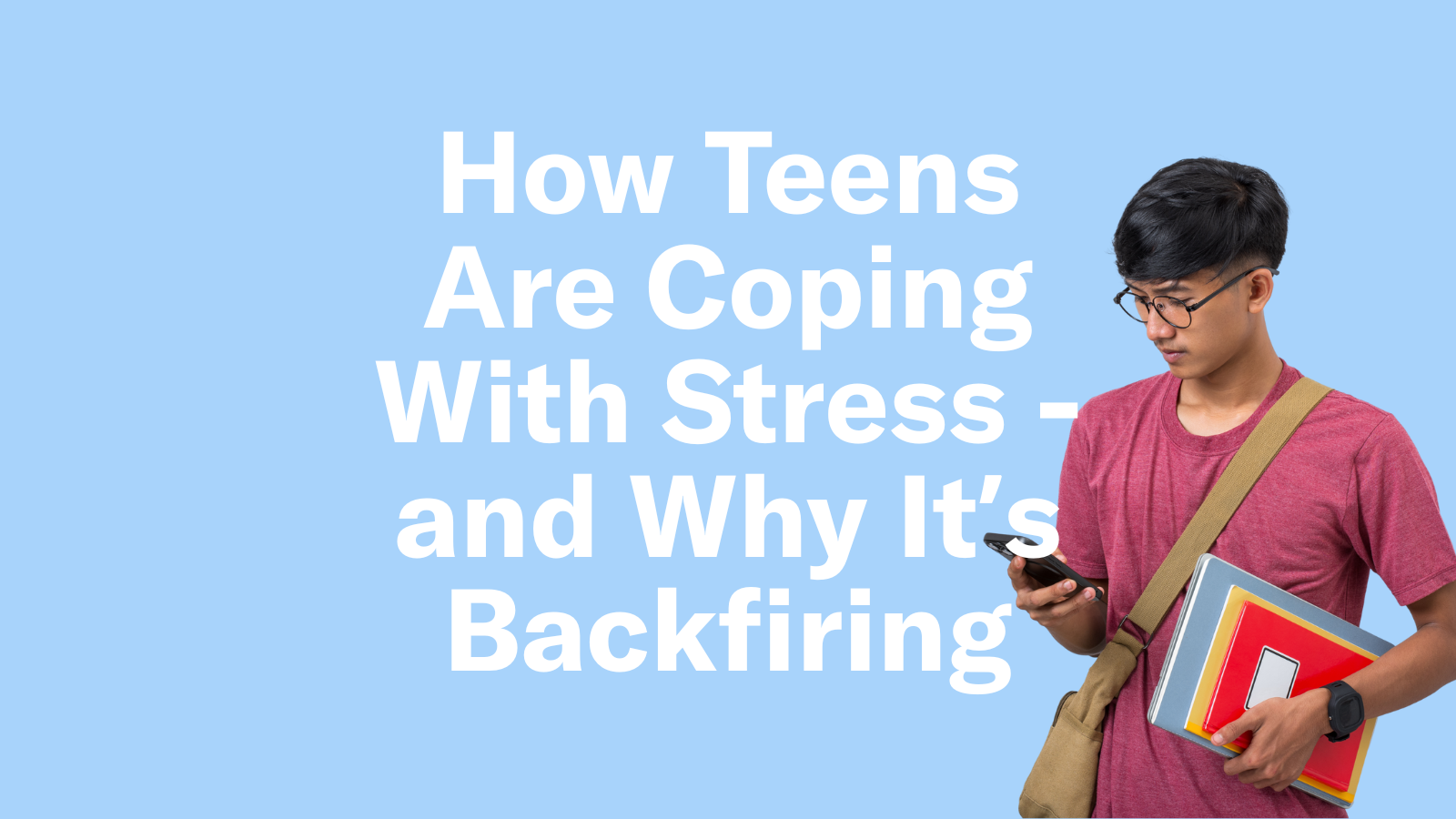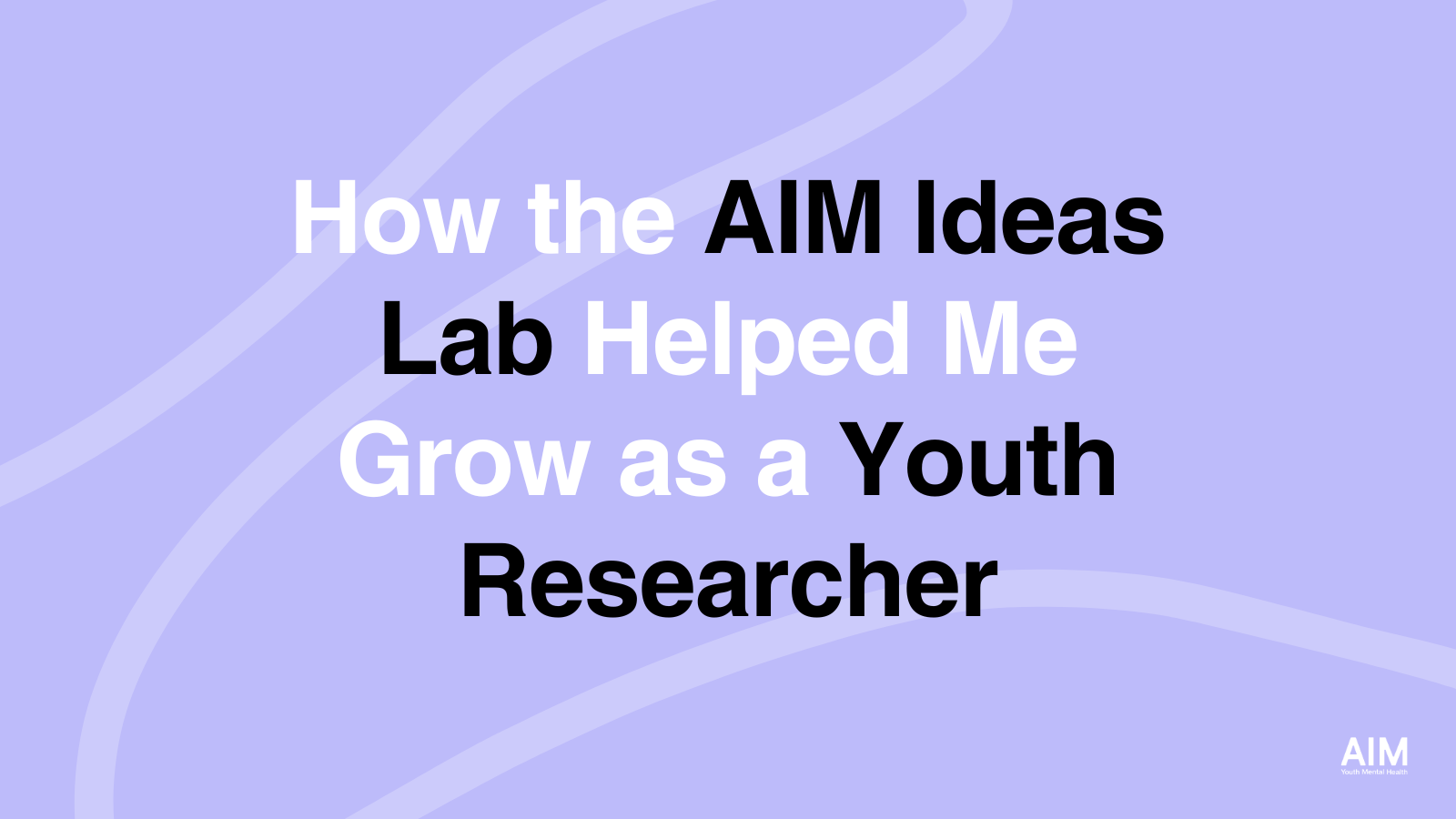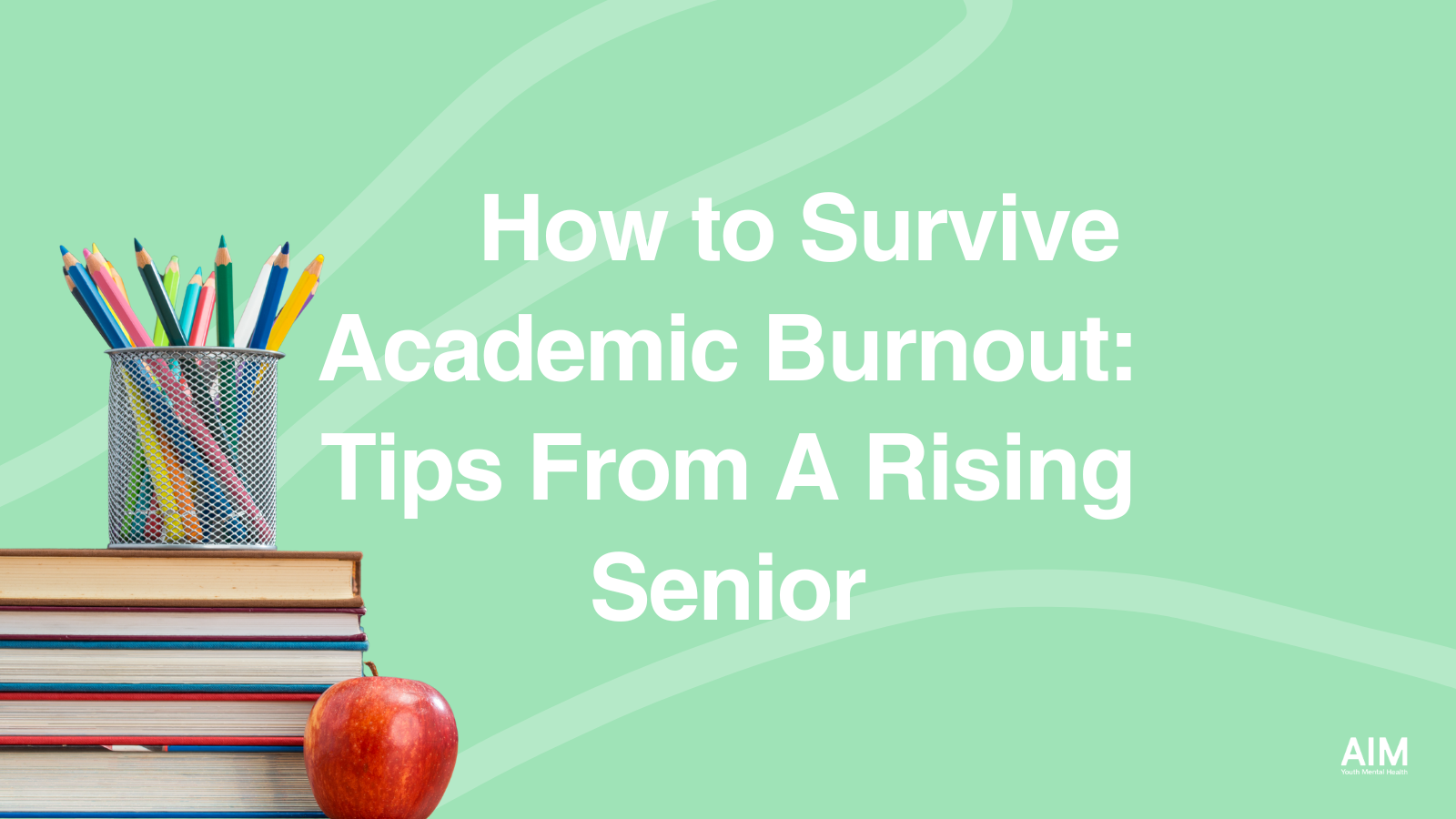LEARNING THAT THEIR TEEN has an eating disorder can be difficult and deeply troubling news for parents. Even more daunting for families is finding that they’re unable to get access to care when they need it due to high demand for care and long wait times at specialty centers, which have worsened during the pandemic.
AIM Youth Mental Health, a nonprofit dedicated to finding and funding promising youth mental health research, generously donated $50,000 to fund a research project at the Stanford University School of Medicine to speed delivery of care to more families by using telehealth.
“Just like we need the science to find vaccines for COVID-19, we need the science to find better treatments for mental illness,” says Susan Stilwell, founder of AIM Youth Mental Health. “While talking about young people’s mental health is important, it is not enough. We need to find the answers, and we have to fund the science—the research—that is so desperately needed right now.”
 Led by James Lock, MD, PhD (left), the Eric Rothenberg, MD, Professor of Psychiatry and Pediatrics at the School of Medicine and director of the Comprehensive Eating Disorders Program at Packard Children’s Hospital, the project will evaluate online education and support for families while they await evaluation and treatment. According to Lock, preliminary data suggest that many families can make substantial progress using specialized online self-help tools.
Led by James Lock, MD, PhD (left), the Eric Rothenberg, MD, Professor of Psychiatry and Pediatrics at the School of Medicine and director of the Comprehensive Eating Disorders Program at Packard Children’s Hospital, the project will evaluate online education and support for families while they await evaluation and treatment. According to Lock, preliminary data suggest that many families can make substantial progress using specialized online self-help tools.
“We hope to help families consider making changes at home that could improve their child’s eating problem even before they are seen by a doctor,” Lock says.
Thank you, AIM Youth Mental Health, for helping families to receive the care they need!
This article was originally published in Stanford’s Packard Children’s News. Read the original article (page 20).





